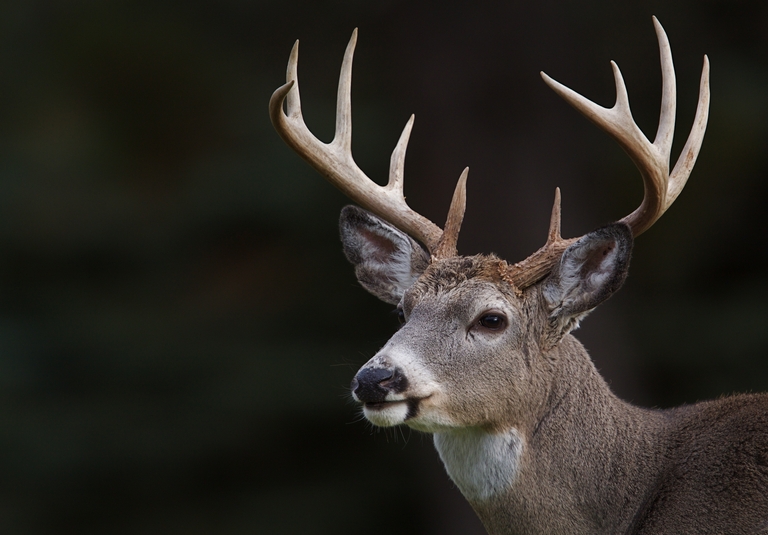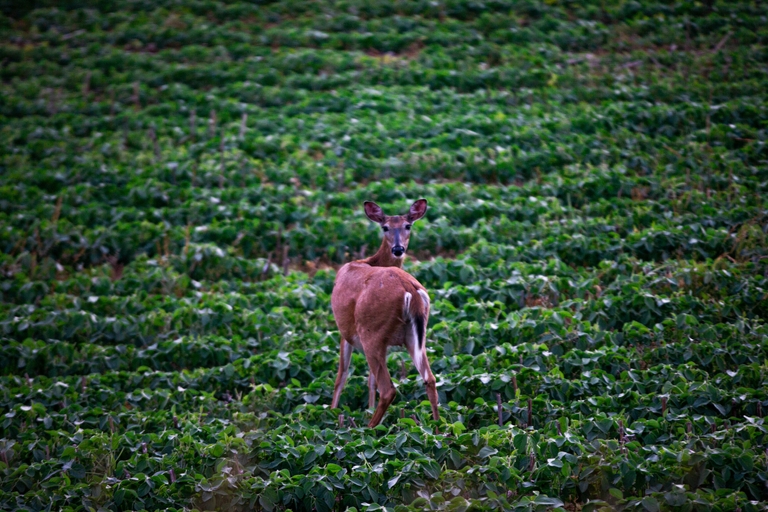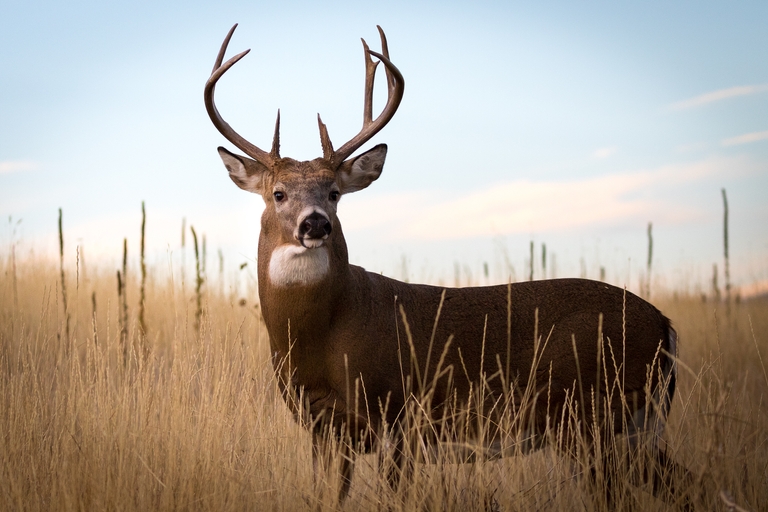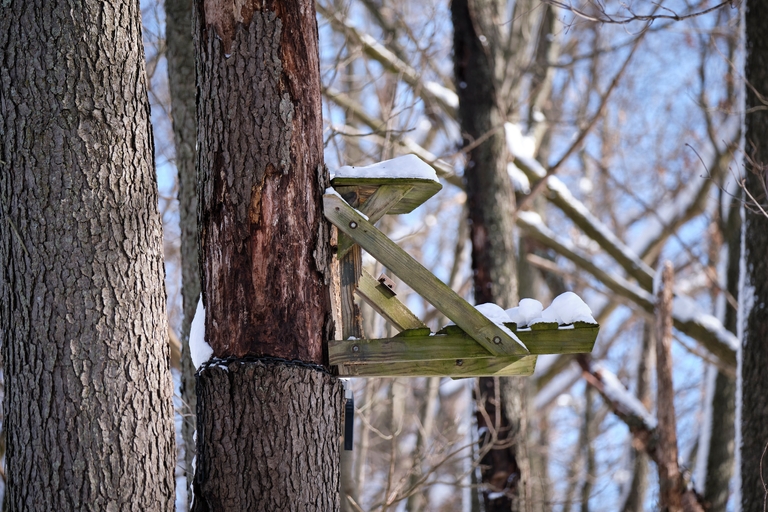Hunter Tip: How To Find a Youth Hunting Course
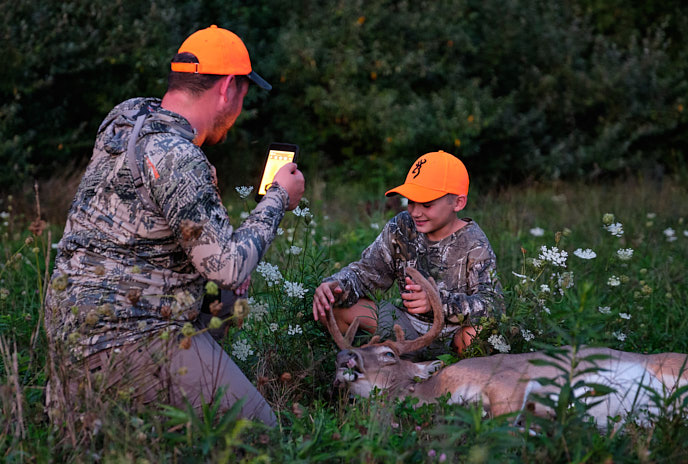
Hunter education is like an investment: the earlier you start and the more you put in, the greater the compounding rewards will be.
As these processes and lessons become second nature, young hunters become responsible, ethical, and safety-oriented adult hunters. The importance of starting young cannot be overlooked, and building a solid foundation of hunter safety is one of the greatest gifts you can give your young ones.
Providing them with an accredited, comprehensive, and holistic hunter education course is a pivotal step in this journey. So, let's look into some key insights and advice on selecting the most suitable youth-hunting course for your young hunters.
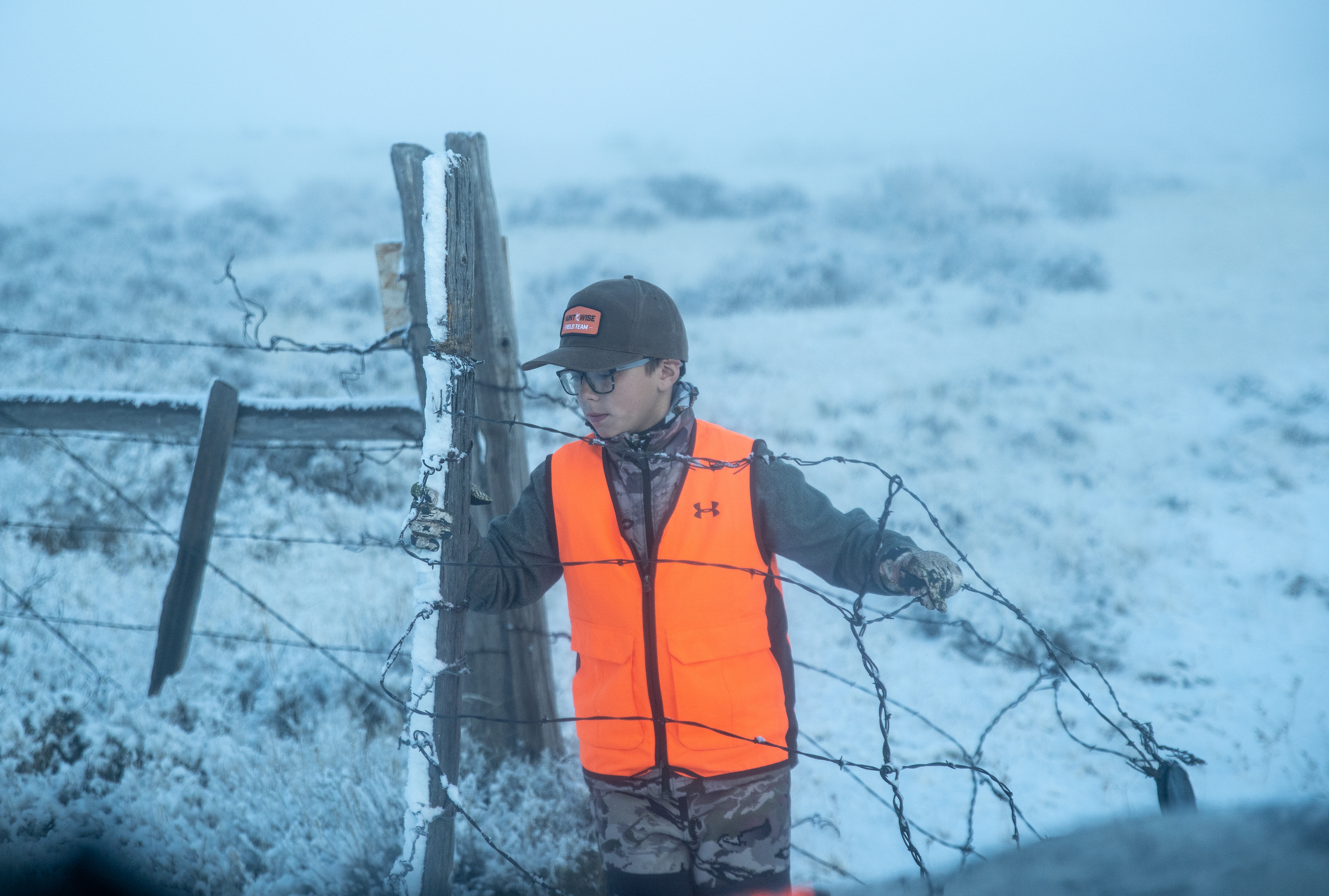
The Importance of Hunter Education (for All Ages)
Hunter education has expanded and continues to grow due to regulations, technological advancements, weapon developments, and state and federal mandates.
At Hunter-Ed, we believe youth hunting education has never been more critical for several reasons.
Safety with Firearms
Firearm safety, handling techniques, and respect for firearms are strategies that can help young hunters overcome their enthusiasm and take a more focused and calculated approach to firearm use.
Additionally, learning how to carry, load, unload, treat, and store firearms safely are essential skills to build up over time to prevent mishaps.
Hunter Ethics
Learning respect for wildlife and the natural environment, safe shooting, zones of fire, field dressing, and more provide youth hunters with a more holistic approach to hunting.
Understanding the underlying forces, such as conservation and the role of environmental agencies in maintaining biodiversity and sustainability, helps present hunting as an ethical practice for cultivating food, not only as a sport.
Responsible Hunting Practices
Causing minimal disruption to the natural environment and learning to search and follow local laws and guidelines, such as bag limits, seasons, and firearm restrictions, are essential lessons regarding compliance and respect for the laws.
Hunter education is the bedrock of safe, ethical, and legally compliant hunting practices for our youth. Failure to abide by youth hunting licensing requirements can result in hefty fines, the suspension of hunting rights, and, in some cases, punishments such as community service.
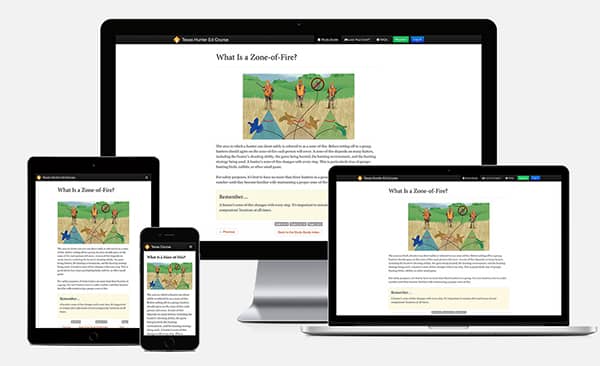
How to Find a Youth Hunter Education Course
Many states mandate completing a youth hunting course before obtaining a hunting license. In some states, the minimum age is as young as ten and can go up to 12, 14, or even 16.
Young hunters and parents must familiarize themselves with their state's specific rules and regulations to ensure compliance. For example, in Oregon, youth 17 years and younger must complete a hunter education course before purchasing a license and going on a hunt. These hunter-education courses for youth can also differ depending on the format and certification processes.
A youth hunter course is always recommended, even if it is not legally required. Explore the tips below on how to find the right course.
Utilize Online Resources
While supervision and mentorship from an older, experienced hunter can provide invaluable insights into the realities and safety practices of hunting, online information is the ultimate supplement to those early squirrel or rabbit hunts, offering up-to-date instruction and accurate information.
Some of the advantages of an online course include:
- Flexibility: Kids can learn in short, insightful bursts without being overrun with information.
- Accessibility: Youth hunters can access the course from anywhere and complete it at their own pace, as long as they have an internet connection. This flexibility allows them to learn without the constraints of a physical classroom, making their learning experience more convenient and enjoyable.
- Accreditation: Taking an accredited (or state-approved) course means youth hunters are one step closer to achieving their hunting license.
- Interactive format: Online learning is a modern and effective form of education today. It offers an interactive, computer-based format proven to help children retain information better. This engaging approach to learning ensures that youth hunters not only gain knowledge but also develop a deeper understanding of the subject matter.
To locate a course, explore accredited, well-reviewed providers with a history of success. For example, Hunter-Ed offers students comprehensive state-based guidelines and instruction in hunter safety from a state-by-state perspective.
Additionally, a provider such as ilearntohunt offers interactive, story-based courses that teach hunter safety essentials in a more engaging and fun format that could be ideal for your young hunter.
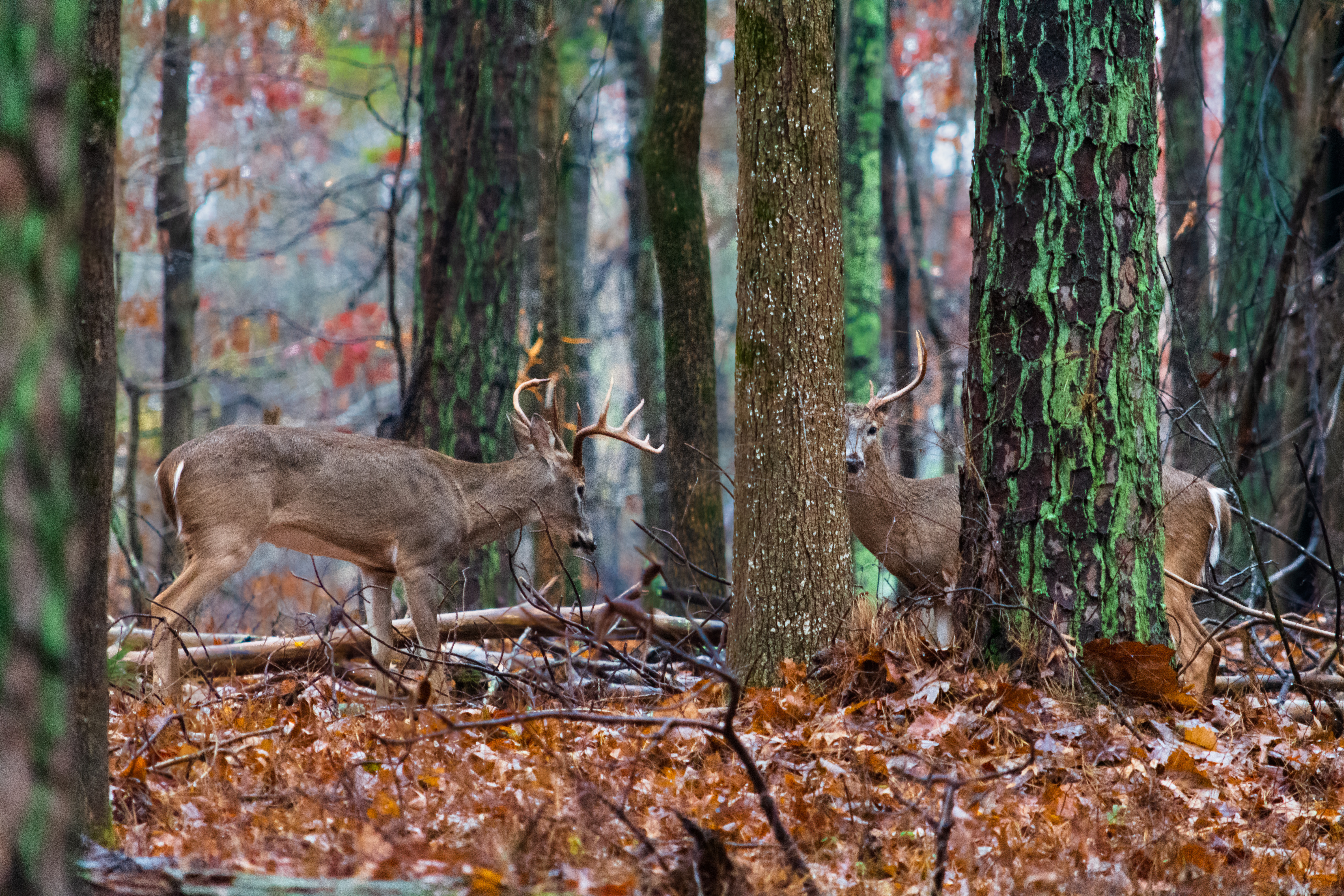
Leverage Local Wildlife Agencies Webpages
State and local wildlife agencies provide critical insights into the requirements of a youth hunting license and information regarding upcoming youth courses, schedules, locations, and registration details.
These pages also offer information regarding special seasons for youth hunters, introducing young hunters to hunting in controlled environments supervised by a licensed mentor.
Use Hunter Education Associations
Often run by experienced volunteers, hunter education associations are national and regional bodies dedicated to passing on hunting heritage and safety best practices. They usually offer youth-specific courses to support and improve hunter education through mentorship and community-building.
Similarly, youth hunting organizations host their own hunter education courses or partner with other organizations to provide training opportunities for young hunters.
Explore Local Hunting Clubs and Mentors
Local hunting clubs can be a great first choice for practical and hands-on hunting training. Seek out your local hunting club and determine whether they have mentorship programs or specialized youth training.
This hands-on approach is the perfect accompaniment to a theoretical online course. It allows students to put into practice and showcase everything they've learned.

What's Covered in a Hunting Education Course?
Students can expect to learn a wide array of different safety strategies and skills in a hunting education course, including:
- Firearm handling and safety
- Introduction to safety gear such as glasses, visible clothing, and ear protection
- Laws and regulations regarding seasons, game vs non-game distinctions, weapon use, and more
- Practical field skills
- Scenario-based learning
- Wildlife conservation
- Animal behaviors
The content will depend on the course provider, the states they operate in, and their accreditation level. Your best bet for a thorough course that meets all licensing and hunter safety requirements is to choose a state-approved course (like Hunter-Ed).
Parents Should Get Involved to Cultivate Passion
Hunting safety is a lifelong process, not just a tick in a box. Long-term parental involvement, genuine interest, and positive reinforcement can motivate a youth hunter to maintain the highest standard of hunting safety practices and encourage continued learning.
This support and participation in youth training can be achieved in several ways, including reinforcing lessons learned in the classroom or online with memory retention games, quizzes, and scenario-based discussion, as well as spending time out in the field exploring and training safe practices.
So, take your kids hunting or start them with something fun, like hunting squirrels or rabbits – and make sure they take a hunter education course to help them understand how to stay safe in the field!
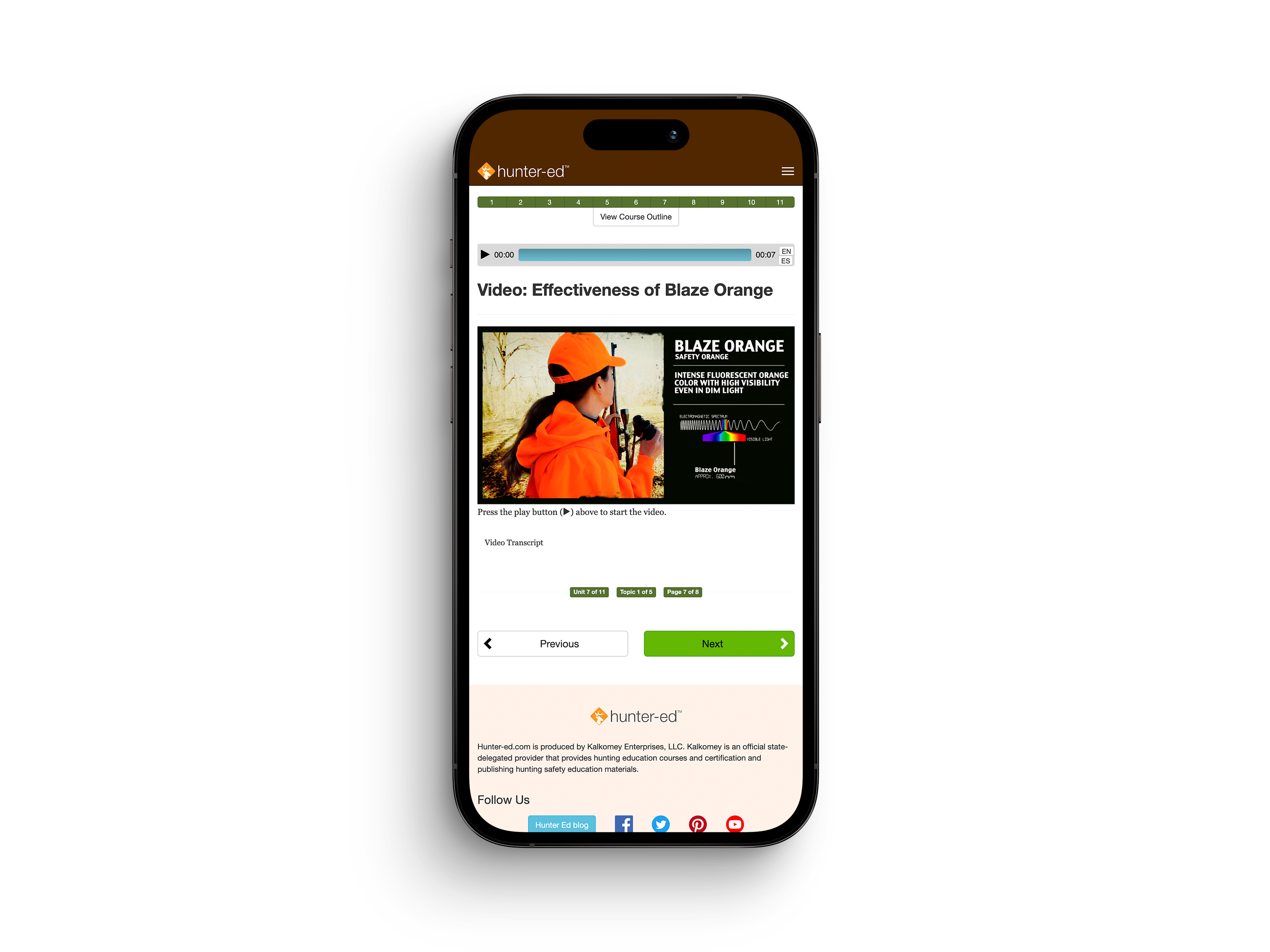
Safe Hunting Starts With Hunter-Ed and a Youth Hunting Course
Whether mandatory or simply for peace of mind, you'll never regret enrolling your young ones in a youth hunting course.
At Hunter-Ed, we're dedicated to building a future of resilient, safe, and ethical hunters by providing state-approved courses developed with the relevant wildlife institutions responsible for hunter education to bring the best of the best safety tips and hunting insights.
So, start 'em young – and lead by example. Find the Hunter-Ed course for your state and make sure you and your young hunters are safety-certified this season.

